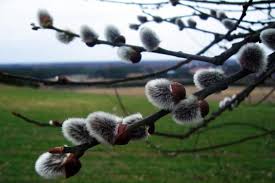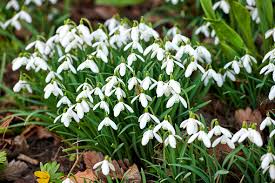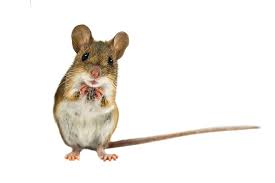Catkins
Dear Reader,
It is time to see the catkins out this month. We may not think of trees as having flowers, but nearly all of them do. Every catkin on a hazel tree is a cluster of flowers, each hanging from a silver-grey branch. The Celts thought that the hazel catkin tree was magical, the source of wisdom and inspiration.
*
In the 17th century coffee appeared for the first time in Europe outside the Ottoman Empire and coffeehouses were established and became very popular. The first coffeehouses are said to have appeared in 1632 in Livorno by a Jewish merchant, or in Venice in 1640.
The first coffeehouse in England was set up in Oxford in 1650/51. Coffeehouses were used by scholars who retired there to hear the news, and exchange ideas. English coffeehouses in the 17th and l8th centuries were significant meeting places, particularly in London. The rich intellectual atmosphere of early London coffeehouses were available to anyone who could pay the sometimes one penny entry fee, giving them the name of 'Penny Universities'.
In Victorian England the Temperance set up coffeehouses (also known as coffee taverns) for the working classes, as a place of relaxation free of alcohol, an alternative to the pub.
*
The poem this week is, I am afraid, rather sad. My sister has just been placed in a care home after having had a horrible fall leaving her with a leg injury and a head injury. I talked to her the next day on the telephone and she was grief stricken as was I.
Fetch Me
She had a fall
a really bad fall,
concussed herself
and got delirium
ended up in hospital,
she couldn't walk
her pelvis broken
could hardly move
couldn't stay at home,
she needed two nurses
three times a day,
there were none available
a care home was the
only answer
but she couldn't bear it
all her magic and romance
squeezed out of her,
in the ordinary if not bland
and boring room
I telephoned.
The tears flooded
the worst week in my life
she said
Fetch me, fetch me, Trish,
she said,
I am dying here,
and I wept.
*
With very best wishes, Patricia
*














